 The Graduate School is pleased to announce the call for nominations for the 2016-17 Dissertation Research Fellowships. The Graduate School will award twelve different dissertation fellowships for 2016-17. These fellowships are designed to support outstanding doctoral students and promote excellence in research at the University of Oregon. Doctoral students in all academic disciplines at the University are eligible to apply for these fellowships. The dissertation research fellowships provide financial support for exceptional doctoral candidates to complete their dissertations. See below for more information about each fellowship.
The Graduate School is pleased to announce the call for nominations for the 2016-17 Dissertation Research Fellowships. The Graduate School will award twelve different dissertation fellowships for 2016-17. These fellowships are designed to support outstanding doctoral students and promote excellence in research at the University of Oregon. Doctoral students in all academic disciplines at the University are eligible to apply for these fellowships. The dissertation research fellowships provide financial support for exceptional doctoral candidates to complete their dissertations. See below for more information about each fellowship.
To be eligible, doctoral students must be advanced to candidacy by the end of the spring 2016 term, must have their research clearance form and dissertation committee on-file in the Graduate School, and will be expected to complete their doctoral degree in winter, spring, or summer 2017.
Each department in CAS may nominate TWO candidates. The nominee must confirm departmental, school, or college nomination.
The nominee must apply for and submit the following award materials via the online 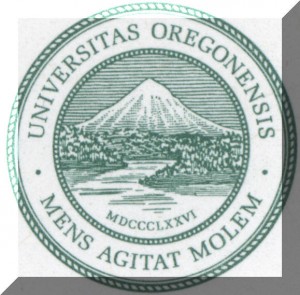 application no later than 5:00 p.m. on Friday, February 19, 2016:
application no later than 5:00 p.m. on Friday, February 19, 2016:
- A research prospectus of the dissertation of no more than 1500 words (no more than five pages), excluding works cited pages. The prospectus should be written in a language accessible to faculty who are not necessarily specialists in the subject area.
- CV/resume identifying academic awards, honors, and scholarly activity
The contact person and recommenders from the nominating department, school, or college will receive an email with instructions for submitting a letter of nomination signed by the department head and three letters of recommendation from faculty members familiar with the candidate’s research, academic background, and potential as a developing scholar.
For more information, see the online application.
UO Doctoral Research Fellowship
For students in any UO PhD program, this fellowship is awarded to the most outstanding doctoral student as determined by a faculty selection committee. Dissertations to be considered can be on any topic and are judged on the quality of the written proposal and the potential impact of the research both inside and beyond the student’s field. This fellowship carries an award stipend of $18,000 for three terms or $12,000 for two terms. Both options include a University tuition waiver for the award terms. Health insurance will be provided by the UO Health Plan and paid for by the Graduate School. Recipients must register for at least 3 dissertation credits during each term of the fellowship. The stipend payments may be spread over 6, 9, or 12 months; the tuition remission will commence in fall term.
Eric Englund Fellowship For Dissertation Research in American Literature, History and Related Fields
For students in any UO PhD program whose dissertation project is focused on research in American literature, history, philosophy or other related fields. Selection will be based on the quality of the written proposal and the potential impact of the project on the field. For purposes of this award, “American” refers broadly to work related to the literature, history, and philosophy of the Americas. This fellowship carries an award stipend of $18,000 for three terms or $12,000 for two terms. Both options include a University tuition waiver for the award terms. Health insurance will be provided by the UO Health Plan and paid for by the Graduate School. Recipients must register for at least 3 dissertation credits during each term of the fellowship. The stipend payments may be spread over 6, 9, or 12 months; the tuition remission will commence in fall term.
School of Music and Dance Dissertation Research Fellowship
This fellowship will be awarded to an outstanding PhD student in the School of Music and Dance on the basis of the quality of the written proposal and the potential impact of the dissertation on the student’s field and in related fields. The fellowship carries an award stipend of $16,000 for three terms or $10,600 for two terms (comparable to a Level III GTF appointment in the recipient’s three terms or $10,600 for two terms (comparable to a Level III GTF appointment in the recipient’s home department), a University tuition waiver, and fee and health insurance subsidies comparable to those received by students appointed as Graduate Teaching Fellows. Recipients must register for at least 9 dissertation credits during each term of the fellowship.
School of Journalism and Communications Dissertation Research Fellowship
This fellowship will be awarded to an outstanding PhD student in the School of Journalism and Communication on the basis of the quality of the written proposal and the potential impact of the dissertation on the student’s field and in related fields. The fellowship carries an award stipend of $16,500 for three terms or $11,000 for two terms (comparable to a Level III GTF appointment in the recipient’s home department), a University tuition waiver, and fee and health insurance subsidies comparable to those received by students appointed as Graduate Teaching Fellows. Recipients must register for at least 9 dissertation credits during each term of the fellowship.
School of Architecture and Allied Arts Dissertation Research Fellowship
This fellowship will be awarded to an outstanding PhD student in the School of Architecture and Allied Arts on the basis of the quality of the written proposal and the potential impact of the dissertation on the student’s field and in related fields. The fellowship carries an award stipend of $16,000 for three terms or $10,600 for two terms (comparable to a Level III GTF appointment in the recipient’s home department), a University tuition waiver, and fee and health insurance subsidies comparable to those received by students appointed as Graduate Teaching Fellows. Recipients must register for at least 9 dissertation credits during each term of the fellowship.
College of Education Dissertation Research Fellowship
This fellowship will be awarded to an outstanding PhD student in the College of Education on the basis of the quality of the written proposal and the potential impact of the dissertation on the student’s field and in related fields. The fellowship carries an award stipend of $16,000 for three terms or $10,600 for two terms (comparable to a Level III GTF appointment in the recipient’s home department), a University tuition waiver, and fee and health insurance subsidies comparable to those received by students appointed as Graduate Teaching Fellows. Recipients must register for at least 9 dissertation credits during each term of the fellowship.
Lundquist College of Business Dissertation Research Fellowship
This fellowship will be awarded to an outstanding PhD student in the Lundquist College of Business on the basis of the quality of the written proposal and the potential impact of the dissertation on the student’s field and in related fields. The fellowship carries an award stipend of $19,500 for three terms or $13,000 for two terms (comparable to a Level III GTF appointment in the recipient’s home department), a University tuition waiver, and fee and health insurance subsidies comparable to those received by students appointed as Graduate Teaching Fellows. Recipients must register for at least 9 dissertation credits during each term of the fellowship.
College of Arts and Sciences Dissertation Research Fellowships
These fellowships will be awarded to students in each of the three academic divisions of the College: Humanities, Science, and Social Science. A faculty committee will select the recipients on based on the quality of the written proposal and the potential impact of the project within and outside the students’ fields. The fellowship carries an award stipend of $16,000 to $20,000 for three terms or $10,600 to $13,334 for two terms (with the actual stipend amount comparable to a Level III GTF appointment in the recipients’ home departments). The fellowship will also include a University tuition waiver, and fee and health insurance subsidies comparable to those received by students appointed as Graduate Teaching Fellows. Recipients must register for at least 9 dissertation credits during each term of the fellowship.





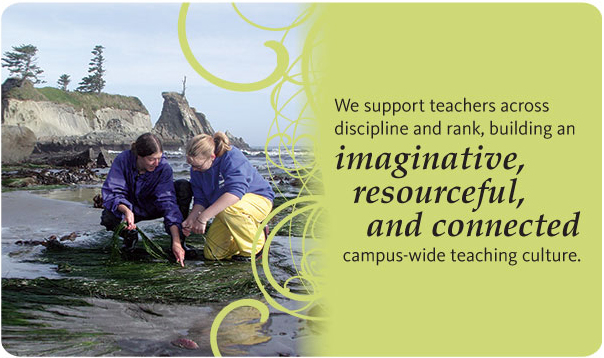



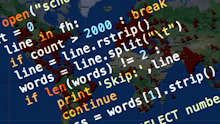 1.
1. 

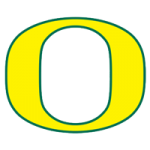
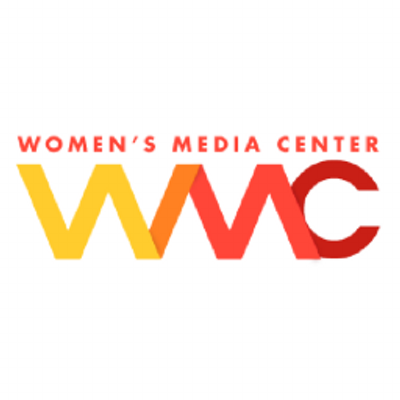 7.
7.